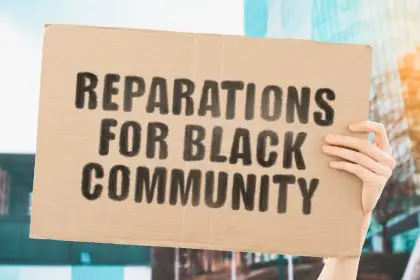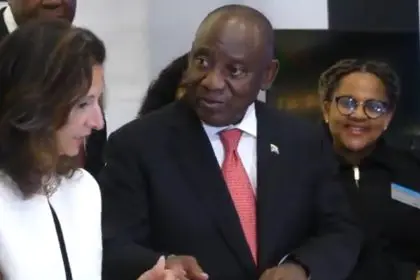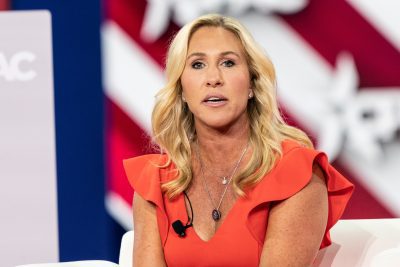 When former African National Congress revolutionary Nelson Mandela was sworn in as president in 1994, it cemented the official end of the unjust and violently oppressive apartheid system in the Union of South Africa.
When former African National Congress revolutionary Nelson Mandela was sworn in as president in 1994, it cemented the official end of the unjust and violently oppressive apartheid system in the Union of South Africa.
During his inauguration as the first black president of South Africa, Mandela uttered the memorable phrase in hopes of the manifestation of economic equality throughout the land:
“Let there be work, bread, water and salt for all,” he said.
However, in the ensuing 20 years since, the country continues to exemplify economic apartheid even though political apartheid was toppled:
- Despite the fact that the black middle class in South America has nearly doubled in the last decade;
- The country has an unemployment rate of nearly 25 percent. South Africa is one of the most unequal countries in the world in terms of income distribution, and the disparities often fall along racial lines;
- white households earn an average of six times more than black ones, according to Bloomberg News;
- Nearly all white homes have modern plumbing, two thirds of black homes do not, reports Charles Kenny of the Center for Global Development.
Donna Katzin, executive director of Shared Interest, a non-profit that helps low-income black South Africa start businesses and get access to financial credit, said that when Mandela took office in 1994, she says “power changed hands politically in South Africa but in the economy that did not happen.”
Katzin, who met Mandela several times over the course of her work in South Africa, says he made it clear that the task of undoing “economic apartheid” was something he might not see completed in his lifetime. “So much of it has been baked in to the infrastructure and the geography and the systems of the country,” Katzin says.
In the face of these challenges, Mandela said something that gives hope to future generations in South Africa:
“Like slavery and apartheid, poverty is not natural. It is people who have made poverty and tolerated poverty, and it is people who will overcome it.”















